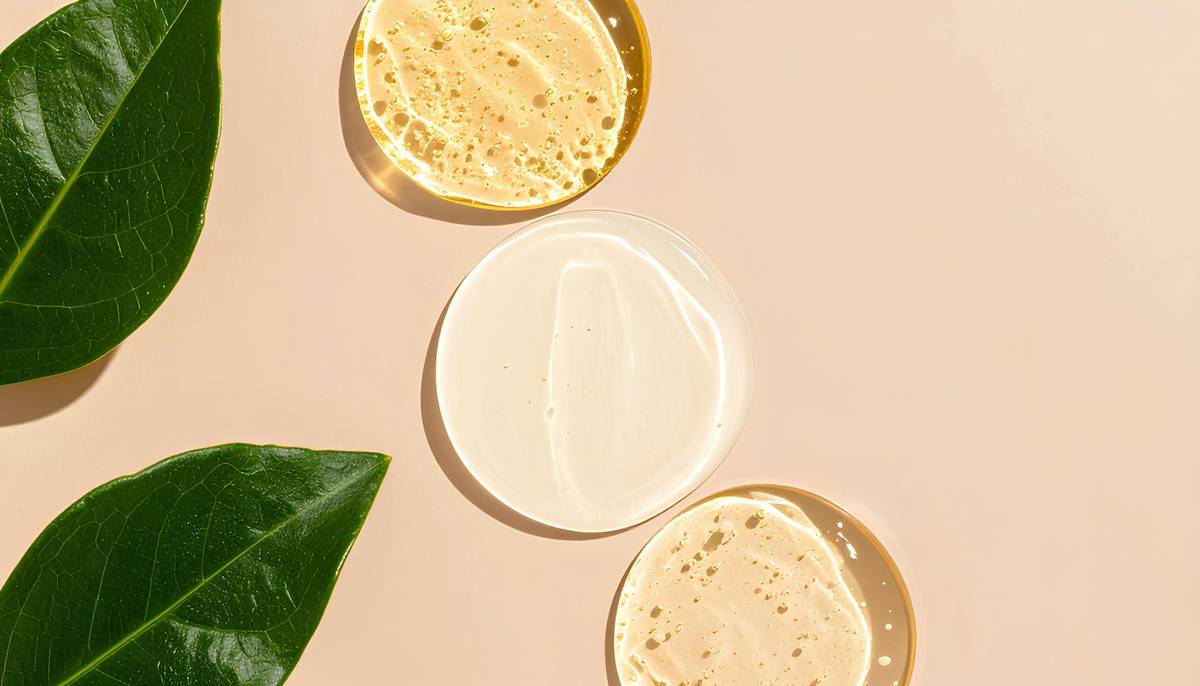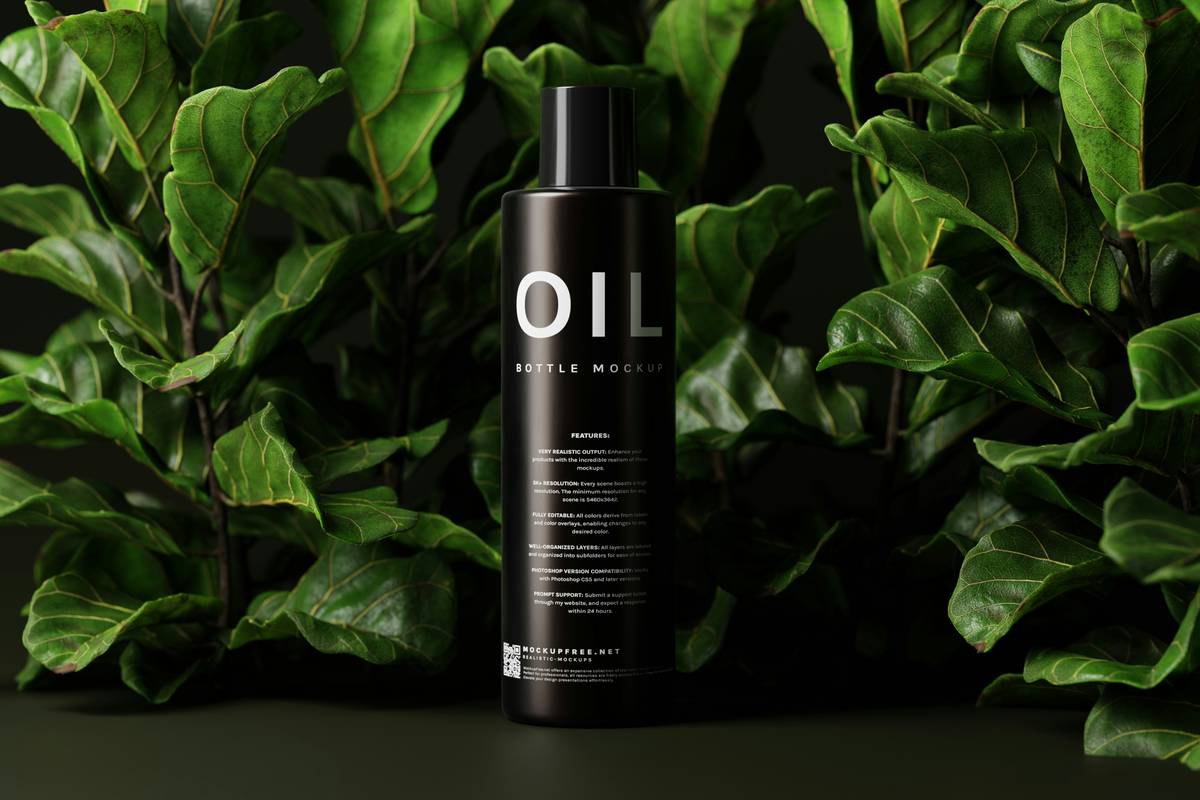Ever bought a skincare product only to realize it’s packed with chemicals you can’t pronounce? Yeah, us too. And if your skin is more “uh-oh” than “glow,” this post is for you.
Today, we’re diving deep into natural plant serums, why they outperform synthetic options, and how organic plants are taking the beauty world by storm. By the end of this guide, you’ll know exactly which natural plant serums work best for your skin type—and how to incorporate them seamlessly into your routine.
Table of Contents
- Why Switch to Natural Plant Serums?
- How to Choose the Perfect Serum for Your Needs
- Best Practices for Using Natural Plant Serums
- Real-Life Transformations with Natural Plant Serums
- Frequently Asked Questions About Natural Plant Serums
Key Takeaways
- Natural plant serums harness the power of organic extracts without harsh additives.
- They target multiple concerns like hydration, anti-aging, and brightening.
- The right serum depends on your skin type and specific needs.
- Troubleshooting tips ensure maximum efficacy when using these serums.
Why Switch to Natural Plant Serums?
I once used an expensive serum claiming miracles—but after just three days, my face looked like I’d wrestled a cactus. That’s when I realized not all skincare products are created equal. Cue the rise of natural plant serums: clean, green, and ridiculously effective.
These serums pack a punch because they’re derived from organic plants like aloe vera, rosehip oil, and calendula. Unlike their chemical-laden counterparts, natural plant serums provide long-term benefits without the scary side effects.

(Infographic: The Power of Natural Plant Serums)
Optimist You:
“Natural plant serums sound amazing—my skin will thank me!”
Grumpy You:
“Only if they don’t cost as much as my rent.”
How to Choose the Perfect Serum for Your Needs
Selecting the right serum doesn’t have to feel like defusing a bomb. Follow these steps:
Step 1: Know Your Skin Type
Dry, oily, combo, sensitive—each type craves different nutrients. For instance, hyaluronic acid-rich serums work wonders for dryness, while tea tree oil calms acne-prone skin.
Step 2: Check Ingredient Lists
Look for buzzwords like “certified organic,” “non-GMO,” and recognizable botanicals such as chamomile or lavender. Avoid anything ending in “-paraben.”
Step 3: Patch Test Always
Terrible tip alert: DON’T skip patch tests unless you enjoy unexpected allergic reactions. Apply a small amount behind your ear first.

(Flowchart: Steps to Select the Ideal Natural Plant Serum)
Best Practices for Using Natural Plant Serums
To get max glow-up potential, follow these rules:
- Cleanse First: Dirty skin = wasted serum.
- Pat, Don’t Rub: Gently press serums into damp skin for better absorption.
- Layer Correctly: Apply thin-to-thick (e.g., serum before moisturizer).
- Use Sunscreen: Some serums increase photosensitivity. Shield up!
Pro Rant Corner:
Why do some brands think slapping “natural” on a bottle makes it legit? It’s infuriating. Always dig deeper—check certifications and customer reviews. Otherwise, you might as well smear avocado toast on your face (chef’s kiss).
Real-Life Transformations with Natural Plant Serums
Meet Sarah, 34, whose dull complexion became dewy thanks to calendula-infused serum. Or James, 52, whose fine lines diminished visibly within six weeks of using sea buckthorn extract serum. Organic magic? Absolutely.

(Image: Real Results from Using Natural Plant Serums)
Frequently Asked Questions About Natural Plant Serums
Are natural plant serums safe for sensitive skin?
Yes, most are hypoallergenic—but always patch test first!
How long does it take to see results?
Typically 4–6 weeks of consistent use.
Can I mix multiple serums?
Yes, but avoid layering vitamin C and retinol together—they cancel each other out.
Conclusion
We’ve covered everything from the basics of switching to natural plant serums to advanced tips for flawless application. These powerhouse elixirs harness Mother Nature’s gifts to give you radiant, healthy skin—all minus the chemical drama.
Remeber, glowing skin isn’t built in a day—it takes commitment, research, and maybe a little caffeine boost during your morning skincare ritual. 😉
– Like planting seeds in spring, investing in natural plant serums reaps lush rewards later.


